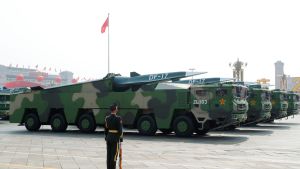Rose Gottemoeller on the Future of Arms Control
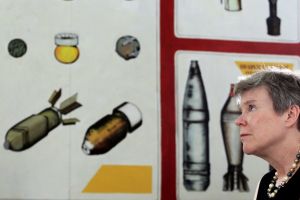 Play Podcast
Play Podcast
About the Episode
This week Russian state TV aired a chilling propaganda video showing nuclear destruction in the United Kingdom, echoing bluster from Russian Foreign Minister Sergei Lavrov last month on nuclear escalation over Ukraine. Former US Undersecretary of State for Arms Control and International Security Rose Gottemoeller, who negotiated the new START treaty with Russia, joins Deep Dish to explain how Russia’s actions have altered conversations on arms control and why it’s still critical for the United States and Russia to work together to prevent nuclear war.
Reading List
- How to Stop a New Nuclear Arms Race, Rose Gottemoeller, Foreign Affairs




Related Content
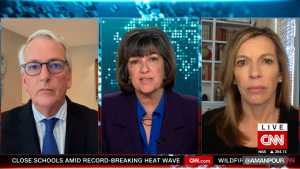 Defense and Security
Defense and Security
“These are momentous changes in policy that required the kind of brutality that Vladimir Putin and his forces are displaying every day to mobilize,” Ivo Daalder tells Christiane Amanpour.
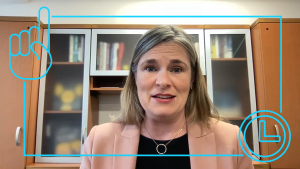 Defense and Security
Defense and Security
If Russia's war on Ukraine continues to escalate, could nuclear weapons enter the picture? Emma Belcher looks at the risk and what we can do to reduce the threat.
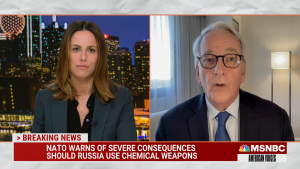 US Foreign Policy
US Foreign Policy
What would the consequences be if Russia violates international law? Council President Ivo Daalder lends insight on MSNBC with Alicia Menendez.
